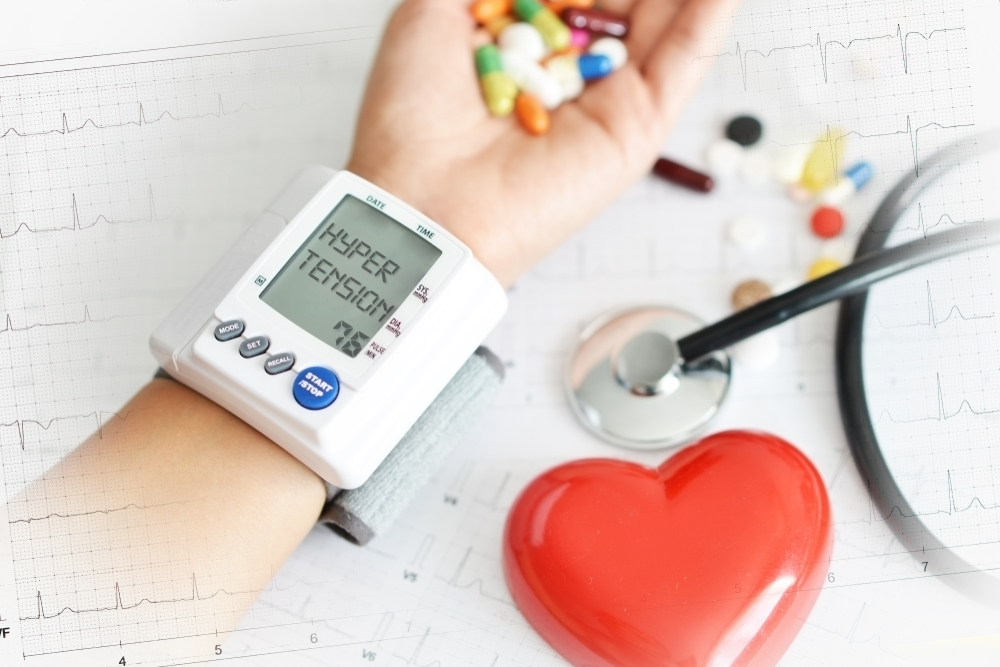In part one of this multi-part blog series, we went over some basics on a common condition known as resistant hypertension. Resistant hypertension refers to an aggressive form of high blood pressure, one that hasn’t responded to treatment, and it’s an area where, while we have some treatments available, the medical world is still looking for improved solutions.
At AGA Clinical Trials, we recently added resistant hypertension to our extensive list of enrolling clinical research studies, which include a number of different diseases or conditions we help provide the medical community with information on. In today’s part two of our series, we’ll go over the risks of resistant hypertension to those who have it, plus what we know about its typical causes (and what’s still to be learned).
 Risks of Resistant Hypertension
Risks of Resistant Hypertension
Perhaps the key risk of resistant hypertension over a period of time is damage to the arteries. Arteries will progressively become narrower and less flexible, which can lead to a significant diagnosis of atherosclerosis and the reinforcing of blood clots.
Additionally, some studies have found that people with resistant hypertension are also at an increased risk for heart attack and stroke, though there’s still more research needed to draw meaningful conclusions on this topic. Other areas of damage may include the kidneys, memory and even vision; some studies have also suggested that resistant hypertension contributes to erectile dysfunction in men.
Causes of Resistant Hypertension
This is one major area that showcases just how much we don’t know about resistant hypertension: Only about one in four cases have an identifiable cause. This is also known as a secondary cause, or one where blood pressure is being raised by another condition.
Some of these common secondary causes include:
- Structural disorders like sleep apnea, kidney failure, renal artery stenosis, and other conditions that lead to blood vessel stenosis.
- Other underlying health issues like obesity, tobacco abuse, diabetes or hyperthyroidism (an overactive thyroid gland).
- Hormonal disorders like adrenal gland issues, hyperthyroidism, or excessive levels of aldosterone (the hormone that regulates blood pressure).
- On top of this, people who are obese generally have higher risk factors for resistant hypertension; conversely, those who smoke typically have lower risks. Genetics can also play a role in this condition.
However, in the other 75% of cases (roughly), there is no known medical cause. This condition is referred to as primary or essential resistant hypertension.
And while there are treatments for people with primary hypertension, they’re focused around basic medications and lifestyle changes — there’s no underlying condition to attack. This is what makes further clinical research on this subject so important; if we’re able to identify legitimate causes of hypertension in a greater percentage of people, our ability to treat them and reduce potentially negative outcomes figures to rise significantly.
For more on resistant hypertension, or to learn about any of our clinical research trials or related services, speak to the pros at AGA Clinical Trials today.


